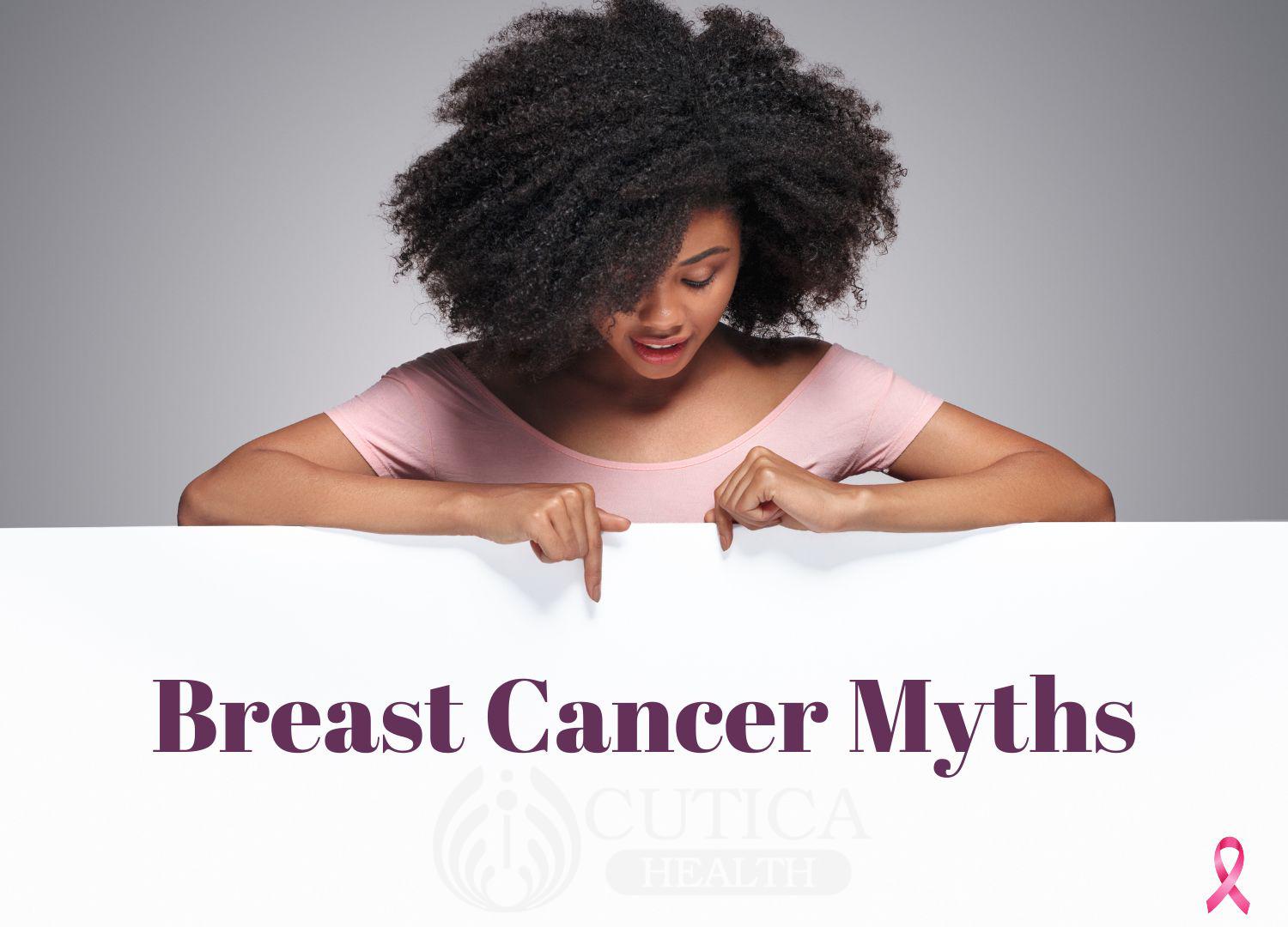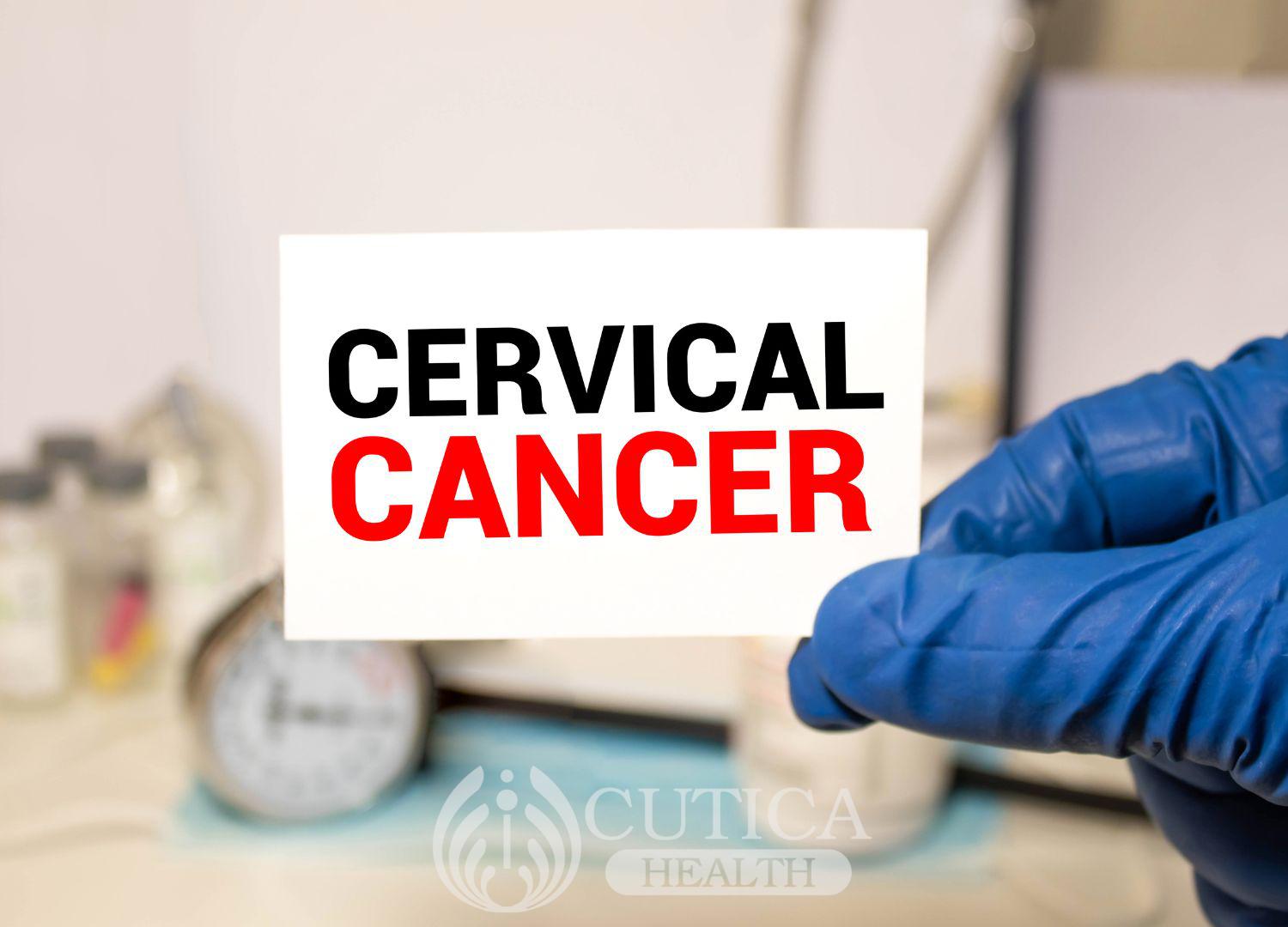
Breast cancer is one of the most common cancers affecting women in Nigeria and the rest of the world. There is a lot of information on the internet about breast cancer, some of which may be misleading. This article takes a look at and debunks some of the myths about breast cancer.
Myth: No one in my family has breast cancer, so I can’t have it.
Fact: While breast cancer is more common in women with a family history of breast cancer, some women with no family history of breast cancer can also develop the disease. Other risk factors for breast cancer include smoking, advanced age, and a family history of other cancers such as ovarian and prostate cancer.
Myth: Wearing a bra can cause breast cancer.

Fact: The internet is filled with blogs and articles about a purported link between wearing a bra and developing breast cancer. The myth was based on a theory that wearing a bra could limit the flow of tissue fluid from the breast, causing cancerous changes. However, there is no scientific evidence to support this theory and no credible study has linked wearing a bra to developing breast cancer.
Myth: Carrying your mobile phone in your bra can cause breast cancer.
Fact: It is common to hear people say cell phones release radiation that can cause breast cancer. However, there is no evidence to support this. Research notes that the radiation from cell phones is incapable of causing cancer.
Myth: If I don’t have a breast lump, I don’t have breast cancer.
Fact: People often believe that they do not have breast cancer if they can’t feel any lump in their breast. The truth, however, is that breast cancer may not present with a lump. Some forms of breast cancer start with breast skin changes and/or nipple discharge, such that by the time the breast feels lumpy, it may have begun to spread.
Myth: Breast cancer only happens to old women.

Fact: Although breast cancer is more common in older women than in younger women, young women are not totally spared. More cases of breast cancer are being reported in women under age 40, and a small percentage of these occur in women in their 20s. Therefore, women of all ages need to pay attention to self-breast examination and keep track of any changes.
There are many myths about breast cancer that needs to be dispelled for you to seek the right care. Remember, regular screening is one of the key preventive measures to catch breast cancer early and intervene early on. Practice self-breast examination today.












